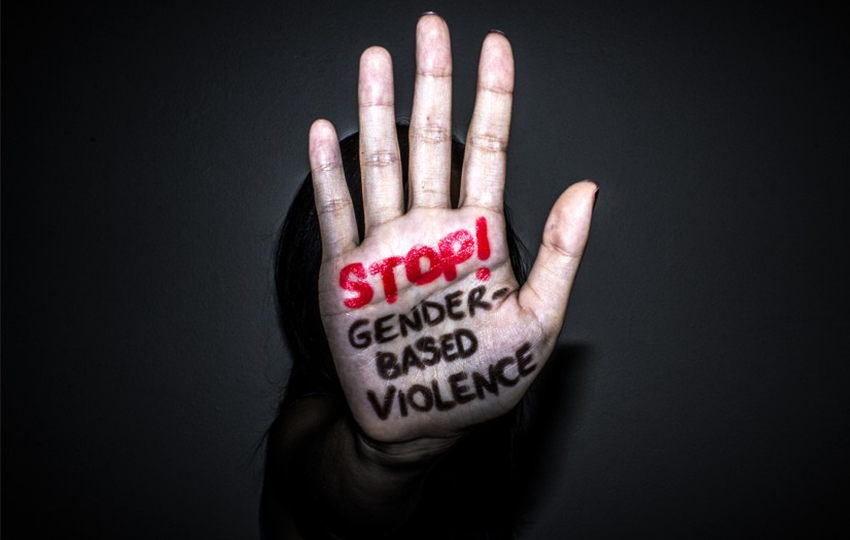The Head of advocacy at the Global Parenting Initiative of University of Oxford, Dr Isang Awah, says the consequences of adverse childhood experiences are poor mental health, poor child development, school failure, alcohol and drugs, youth violence and risky behaviour, among others.
She said research carried out by the Initiative showed that some consequences may lead to poor maternal and child health nutrition as well as intergenerational transmission of violence.
Dr Awah stated this at the multi-stakeholders workshop tagged: ‘Parenting in Nigeria: Key findings and Recommendations’ supported by Parenting for Life Long Health & Global Parenting Initiative, University Of Oxford in Abuja, on Tuesday.
She said children that hawk on the streets, being driven to serve all sorts of humiliating experiences, suffer maltreatment, or are maltreated are likely to manifest such consequences.
“There are consequences of adverse childhood experiences and all these outcomes are hugely costumed to multiple systems,” she said.
“Now, the research shows that 43 percent of children who are under five years old living in low and middle income countries are at risk of not achieving their developmental projections.
“Whether we like it or not everybody out there, be it the child who is hawking or the child who is lying on the street are just as smart as every one of us, if they were given the opportunities, they would excel, they would be great part to our nation. So when we allow them to stay out there, the nation is not reaping the benefits that it should.”
She, however, noted that one of the key findings is that there is no direct policy on parenting in Nigeria but there are ones that are so related and also lack of funds to carry out programmes on parenting.
She said there is need to support with funding and a policy in parenting to tackle the challenges.
Speaking, the Director General of National Orientation Agency, (NOA), Lanre Issa-Onilu, said insecurity, economic crisis, poverty, unemployment and deprivation over the years, have hindered the positive socialisation of family members.
“In the 21st century Nigeria, children are worst hit because the crises seem difficult for parents to handle. So, we have noticed that this implies that there is increasing challenge for the school system to make up for the family’s lapses,” he said.
He said today, many African children grow up in homes with absentee parents and little or no outside contact.
“Traditionally; African parents were very strict and disciplined with their children. Those days, it would be considered impudence for a child to have a friendly conversation with his/her parents.”
Issa-Onilu noted that some of the key challenges facing the African child today include insufficient access to healthcare, especially in far flung rural areas, child labour, malnutrition, sex exploitation, domestic violence, conflict and homelessness.
According to him, the federal government of Nigeria is deploying several solution programmes and policies to tackle these challenges in Nigeria.
While pointing that the meeting is a very vital step towards securing stakeholders and public buy-in, he said public awareness and greater appreciation of the purpose and ultimate objective of the proposed policy is vital, if they are to achieve the expected outcome.

 Join Daily Trust WhatsApp Community For Quick Access To News and Happenings Around You.
Join Daily Trust WhatsApp Community For Quick Access To News and Happenings Around You.


